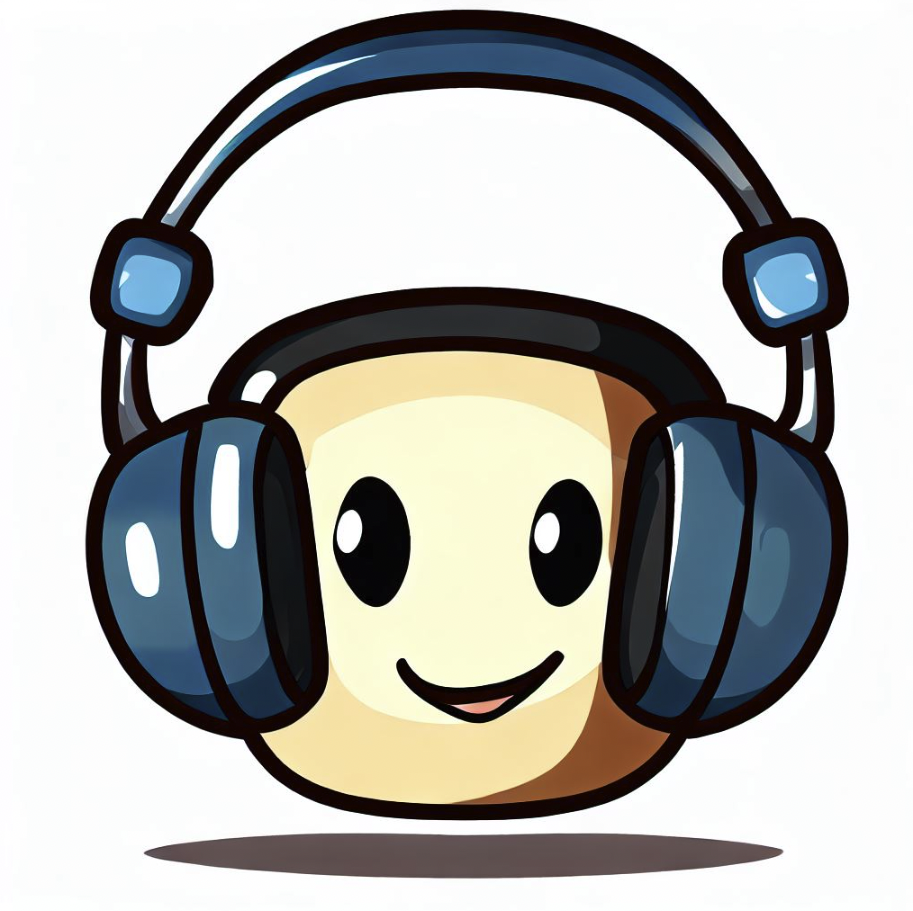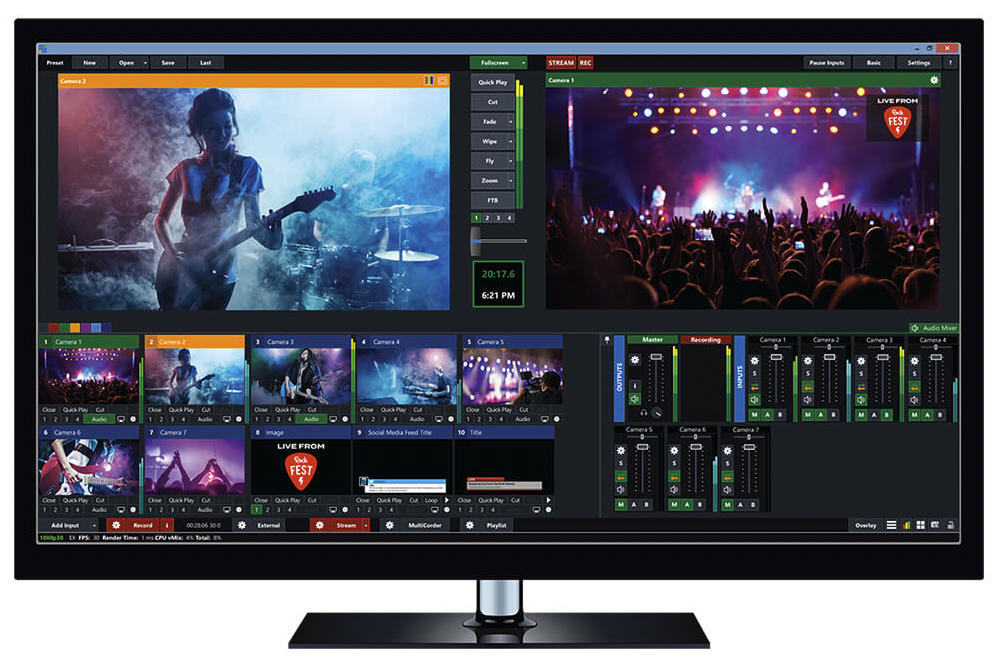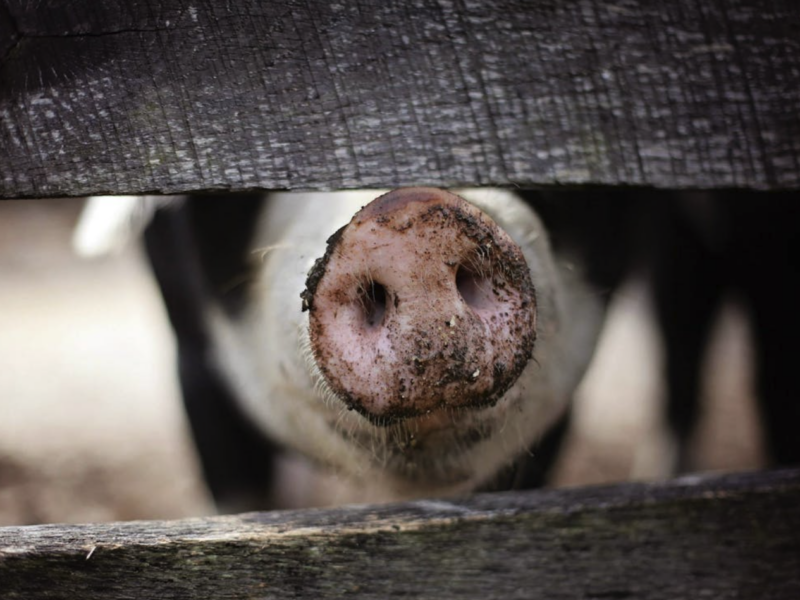When you think of a DJ, one of the first images that may come to mind is a person wearing headphones.
Whether they are spinning tracks at a club, a music festival, or even in their own bedroom, DJs are almost always seen with a pair of headphones on.
But have you ever wondered why?
What purpose do those headphones serve?
Why Do DJs Wear Headphones?
- Beatmatching: To accurately match the beats of the current track with the next one.
- Cueing: To cue up the next track privately before it goes live to the audience.
- Sound Monitoring: To monitor the sound levels and quality through headphones for a more precise control.
- Noise Isolation: To isolate themselves from the loudspeakers and crowd noise, allowing for better concentration on the mix.
- Crossfading: To effectively manage the crossfade between tracks, ensuring a smooth transition.
- Pitch Control: To adjust the pitch of the next track in headphones to harmonize it with the current track playing on the speakers.
- Creative Mixing: To experiment with different mixes and effects in real-time without the audience hearing until it’s perfect.
- Preventing Feedback: To prevent feedback from microphones and other equipment by listening through headphones first.
- Communication: To communicate with event coordinators or other staff without the conversation being heard over the loudspeakers.
- Personal Comfort: To keep their ears safe from the high decibel levels of the loudspeakers and to maintain a comfortable listening environment.
- Previewing Tracks: To preview tracks and select the best sections of a track to play next.
- Professional Appearance: To maintain a professional appearance, as headphones are a recognized part of DJ equipment and attire.
- Focus on Details: To focus on the finer details of the music, such as identifying subtle rhythms and harmonies that might be missed on loudspeakers.
- Emergency Situations: In very rare situations, to quickly adapt to emergency situations, like equipment malfunctions, by managing the sound privately in headphones before addressing the issue publicly.
Below we look deeper at the reasons why DJs wear headphones and delve into the importance of this iconic accessory in their profession.
Table of Contents
The Role of Headphones in DJing
Headphones are an essential tool for DJs, serving multiple purposes that contribute to their performance and overall experience.
Let’s take a closer look at some of the key reasons why DJs wear headphones:
1. Beatmatching and Cueing
One of the primary functions of headphones for DJs is beatmatching and cueing.
Beatmatching involves aligning the beats of two different tracks to create a seamless transition between them.
By listening to both tracks simultaneously through their headphones, DJs can match the beats and adjust the tempo accordingly.
This technique allows them to smoothly transition from one song to another without any jarring interruptions.
Additionally, headphones enable DJs to cue up the next track before playing it for the audience.
They can listen to the upcoming track privately, ensuring it is in sync with the current one and preparing for a flawless transition.
This process requires precision and timing, which is made possible by the use of headphones.
2. Monitoring Sound Quality
Another crucial aspect of DJing is monitoring the sound quality.
DJs need to ensure that the audio output is clear, balanced, and free from any technical issues.
By wearing headphones, they can listen to the music directly from the mixer or controller, allowing them to detect any potential problems such as distortion, clipping, or imbalances in the sound levels.
Moreover, headphones provide isolation from external noise, allowing DJs to focus solely on the music they are playing.
This is particularly important in loud environments like clubs or festivals, where ambient noise can make it challenging to hear the tracks accurately.
By using headphones, DJs can create a controlled listening environment and make precise adjustments to deliver the best possible sound experience to the audience.
3. Cueing Samples and Effects
In addition to beatmatching and monitoring sound quality, headphones also enable DJs to cue samples and effects.
Many DJs incorporate various samples, loops, and effects into their sets to add creativity and enhance the overall performance.
By using headphones, they can listen to these elements separately and determine the perfect timing to introduce them into the mix.
Furthermore, headphones allow DJs to preview and manipulate different sections of a track, such as isolating vocals or instrumentals.
This gives them the freedom to experiment with different combinations and create unique mashups or remixes on the fly.
Case Studies: Famous DJs and Their Headphone Choices
To further illustrate the significance of headphones in DJing, let’s take a look at some case studies of famous DJs and the headphones they prefer:
1. Carl Cox – Pioneer DJ HDJ-X10
Carl Cox, a legendary DJ known for his energetic performances, relies on the Pioneer DJ HDJ-X10 headphones.
These headphones are renowned for their exceptional sound quality, durability, and comfortable fit.
Cox emphasizes the importance of accurate sound reproduction and reliable construction in his choice of headphones.
2. Nina Kraviz – Sennheiser HD 25
Nina Kraviz, a prominent techno DJ and producer, favors the Sennheiser HD 25 headphones.
These iconic headphones are renowned for their excellent sound isolation, robustness, and lightweight design.
Kraviz values their durability and ability to deliver precise sound reproduction in loud environments.
3. A-Trak – V-MODA Crossfade M-100
A-Trak, a highly skilled turntablist and DJ, opts for the V-MODA Crossfade M-100 headphones.
These headphones are known for their powerful bass response, exceptional build quality, and customizable design.
A-Trak appreciates their versatility and ability to handle the demanding requirements of his performances.
FAQs: Why Do DJs Wear Headphones?
1. Do DJs wear headphones just for show?
No, DJs do not wear headphones just for show.
Headphones play a crucial role in beatmatching, cueing, monitoring sound quality, and cueing samples and effects.
They are an essential tool for DJs to deliver seamless transitions and ensure the best possible sound experience for the audience.
2. Can’t DJs mix tracks without headphones?
While it is technically possible for DJs to mix tracks without headphones, it would significantly hinder their ability to create smooth transitions and accurately monitor the sound quality.
Headphones provide the necessary tools for beatmatching, cueing, and detecting any technical issues that may arise during a performance.
3. Why do DJs only wear one headphone sometimes?
DJs often wear only one headphone to maintain a connection with the audience while still being able to monitor the next track privately.
By keeping one ear uncovered, they can listen to the live sound in the venue and gauge the crowd’s reaction, while the other ear is dedicated to cueing and beatmatching.
4. What features should DJs look for in headphones?
DJs should consider several features when choosing headphones, including:
- Sound quality and accuracy
- Noise isolation
- Durability and build quality
- Comfort and fit
- Portability
- Detachable cables
5. Can DJs use any type of headphones?
DJs can use various types of headphones, but it is recommended to choose ones specifically designed for DJing.
These headphones often have features like swiveling ear cups, coiled cables, and robust construction to withstand the demands of live performances.
6. Are wireless headphones suitable for DJing?
While wireless headphones offer convenience and freedom of movement, they may not be the best choice for DJing due to potential latency issues and the need for a reliable and uninterrupted audio connection.
Wired headphones are generally preferred by DJs for their reliability and consistent sound quality.
7. How do DJs prevent hearing damage from loud music?
DJs take precautions to prevent hearing damage by using headphones with noise isolation capabilities, monitoring sound levels, and using earplugs when necessary.
Additionally, taking regular breaks and limiting exposure to loud music can help protect their hearing in the long term.
8. Can DJs use in-ear monitors instead of headphones?
While in-ear monitors (IEMs) can provide a more discreet and personalized monitoring experience, they are not commonly used as a replacement for headphones in DJing.
IEMs are more prevalent in live performances where musicians require individual mixes, whereas DJs rely on headphones for beatmatching and cueing.
9. Do all DJs wear the same brand of headphones?
No, DJs do not all wear the same brand of headphones.
The choice of headphones varies among DJs based on personal preferences, sound quality requirements, comfort, and other factors.
Different brands offer a range of options tailored to the specific needs of DJs.
10. Are expensive headphones necessary for DJs?
Expensive headphones are not necessarily a requirement for DJs.
While high-end headphones often offer superior sound quality and durability, there are many affordable options available that can still meet the needs of DJs.
It ultimately depends on the individual’s budget and specific requirements.
Summary
Headphones are an integral part of a DJ’s toolkit, serving multiple purposes that contribute to their performance and overall experience.
From beatmatching and cueing to monitoring sound quality and cueing samples, headphones enable DJs to deliver seamless transitions and create unique mixes.
Famous DJs like Carl Cox, Nina Kraviz, and A-Trak have their preferred headphone choices, emphasizing the importance of selecting the right equipment for the job.
While headphones may seem like a simple accessory, they play a vital role in the art of DJing, ensuring that the music flows smoothly and the audience enjoys an immersive sound experience.
Related


